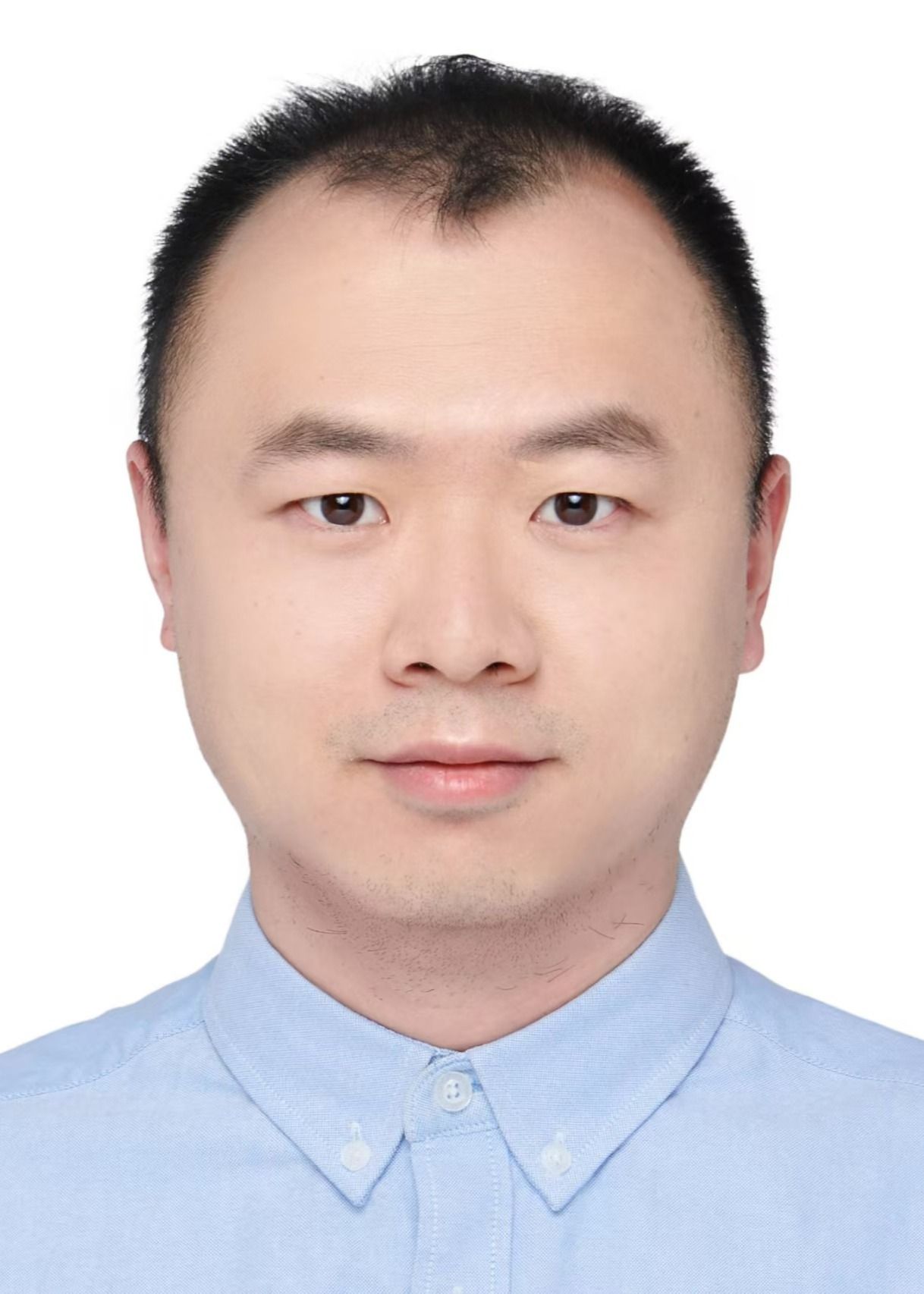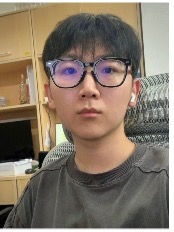Neural activities are the basis of information representation and computation in the brain. While conventional tools in neuroscience can be effective in dissecting the brain circuits and neuronal subtypes involved in specific cognitive process, they provide limited insights in understanding the populational activities within a circuit. Therefore, a more refined set of tools in observing and manipulating neural activities can allow the investigation of principles of representation and computation of information in the brain. In my group, we combine the state-of-the-art in vivo microscopy, two-photon mediated single-cell gene editing/optogenetic technologies, and AI-based data-constraint neural network reconstruction, in order to study the causal relationship of neural activity patterns and information coding during cognitive processes, and to establish and evaluate neural computation models at cellular level, thus advancing our understanding of brain functions.
Understanding the neural coding of cognitive variables and its abnormal state in brain disorders can provide invaluable insights in developing treatments against these conditions. In many brain disorders, the cognitive dysfunctions are not caused by neuronal death, but abnormalities in their firing patterns. Unfortunately, the link between the brain pathology and abnormal neural code is often poorly understood. Thus, rectifying neural code abnormalities remain to be an untapped opportunity for developing novel treatments, particularly for conditions that have been challenging due to the lack of obvious brain damage, such as autistic spectrum disorder, obsessive compulsive disorder and post-traumatic stress disorder. Recent advances in brain machine interface hardware begin to realize the communication between brain and computers that was only possible in science fiction. Deciphering the basic principles of neuron coding would be invaluable for establishing the theoretical infrastructure that allows bi-directional interaction.
Current projects in my group:
1. Neuron activity sequences supporting the encoding and expression of long-term and short-term memory;
2. Pathogenesis of neurodegenerative diseases (Alzheimer’s disease, Parkinson’s disease, frontotemporal lobar dementia, and more) and mechanism-inspired novel treatment strategies;
3. Further development of neuro-AI algorithm for causal, data-constraint network modeling.

Email:wang_xin@fudan.edu.cn
Research Direction:Finance, Laboratory Safety and Project Management

Email:qian_sun@fudan.edu.cn
Research Direction:Sleep and Cognitive Information Processing, Astrocytes and the Mechanisms of Epileptogenesis

Email:pw_song@qq.com
Research Direction:Monitoring Memory Signals in Alzheimer's Disease

Email:liyiting@fudan.edu.cn
Research Direction:Research Direction: Memory Signals in the Neocortex

Email:czfeng@ion.ac.cn
Research Direction:Short-term Memory Encoding in the Cortex

Email:22111520019@m.fudan.edu.cn
Research Direction:Neural Network Modeling

Email:22111520030@fudan.edu.cn
Research Direction:Neural Activity Patterns of Spatial Memory Across Multiple Brain Regions

Email:22211520046@m.fudan.edu.cn
Research Direction:Memory Encoding Patterns of Engram Cells in the Hippocampus

Email:18301050013@fudan.edu.cn
Research Direction:High-Dimensional Dataset Analysis

Email:23211520019@m.fudan.edu.cn
Research Direction:Functional Exploration of Neurovascular Coupling

Email:23211520012@m.fudan.edu.cn
Research Direction:Functional Exploration of Neurovascular Coupling

Email:24111530018@m.fudan.edu.cn
Research Direction:Functional Study of Field Potential Modulation in Cortical Sensory Encoding

Email:24211530008@m.fudan.edu.cn
Research Direction:Spatial Memory Encoding in Alzheimer's Disease
Neuronal FAM171A2 controls pathological α-synuclein uptake and drives Parkinson's disease. Wu KM, Liu YQ, Xu QH, Feng YW, Han SD, Zhang YR, Chen SD, Guo Y, Wu BS, Ma LZ, Zhang Y, Chen YL, Yang L, Yang ZF, Xiao YJ, Chen SF, Cui M, Lu BX, Le WD, Shu YS, Ye KQ, Li JY, Wang J, Liu C#, Yuan P#, Yu JT#, #: co-correspondence, Science, 387(6736), 892-900, 2025.
PLD3 affects axonal spheroids and network defects in Alzheimer's disease. Yuan P, Zhang MY, Tong L, Morse T, McDougal R, Hui, D, Chan D, Yifei C, Grutzendler J. Nature, 612(7939), 328-337, 2022.
Sex differences in associations between plasma neurofilament light chain and clinical progression in Alzheimer's disease. Cheng XQ, Wang ZH, He K, Wang Y, Guo QH, Xie F, Yuan P. Molecular Psychiatry, 10.1038/s41380-025-03149-z, 2025
Dynamical phases of short-term memory mechanisms in RNNs. Kurtkaya B, Dinc F, Yuksekgonul M, Blanco-Pozo M, Cirakman E, Schnitzer MJ, Yemez Y, Tanaka H#, Yuan P#, Miolane N#, #: co-correspondence. Proceedings of the 42nd International Conference on Machine Learning, PMLR 267, 2025.
CSF1R inhibitors induce a sex-specific resilient microglial phenotype and functional rescue in a tauopathy mouse model. Johnson, N.R., Yuan, P., Castillo, E. et al. Nat Commun 14, 118 (2023).
RecV recombinase system for spatiotemporally controlled light-inducible genomic modifications. Yao SY#, Yuan P#, Ouellette B, Zhou T, Mortrud M, Balaram P, Chatterjee S, Wang Y, Daigle TL, Tasic B, Kuang XL, Gong H, Luo QM, Zeng SQ, Curtright A, Dhaka A, Kahan A, Gradinaru V, Chrapkiewicz R, Schnitzer M, Zeng HK, Cetin AH. Nature Method, 17: 422-429, 2020
TREM2 haplodeficiency in mice and humans impairs the microglia barrier function leading to decreased amyloid compaction and severe axonal dystrophy. Yuan P, Condello C, Keene DC, Wang YM, Bird TD, Paul SM, Luo WJ, Colonna M, Baddeley D, Grutzendler J. Neuron 90: 724-739, 2016
Attenuation of β-amyloid deposition and neurotoxicity by chemogenetic modulation of neural activity. Yuan P, Grutzendler J. Journal of Neuroscience 36(2): 632-641, 2016
Microglia constitute a barrier that prevents neurotoxic protofibrillar Aβ42 hotspots around plaques. Condello C#, Yuan P#, Schain A, Grutzendler J. Nature communications 6: 6176, 2015
Regional Blood Flow in the Normal and Ischemic Brain Is Controlled by Arteriolar Smooth Muscle Cell Contractility and Not by Capillary Pericytes. Hill RA#, Tong L#, Yuan P#, Murikinati S, Gupta S, Grutzendler J. Neuron 87(1): 95-110, 2015
Stable sequential dynamics in prefrontal cortex represents subjective estimation of time. Li YT, Yin WQ, Li JW, Zhou SL, Ma CL, Yuan P#, Li BM#, #: co-corresponding author, eLife, 96603, 2024.
 Address: Floor 2, Building B, Medical Research Building, 131 Dong
Address: Floor 2, Building B, Medical Research Building, 131 Dong
 Postcode: 200032
Postcode: 200032
 Email: pyuan@fudan.edu.cn
Email: pyuan@fudan.edu.cn